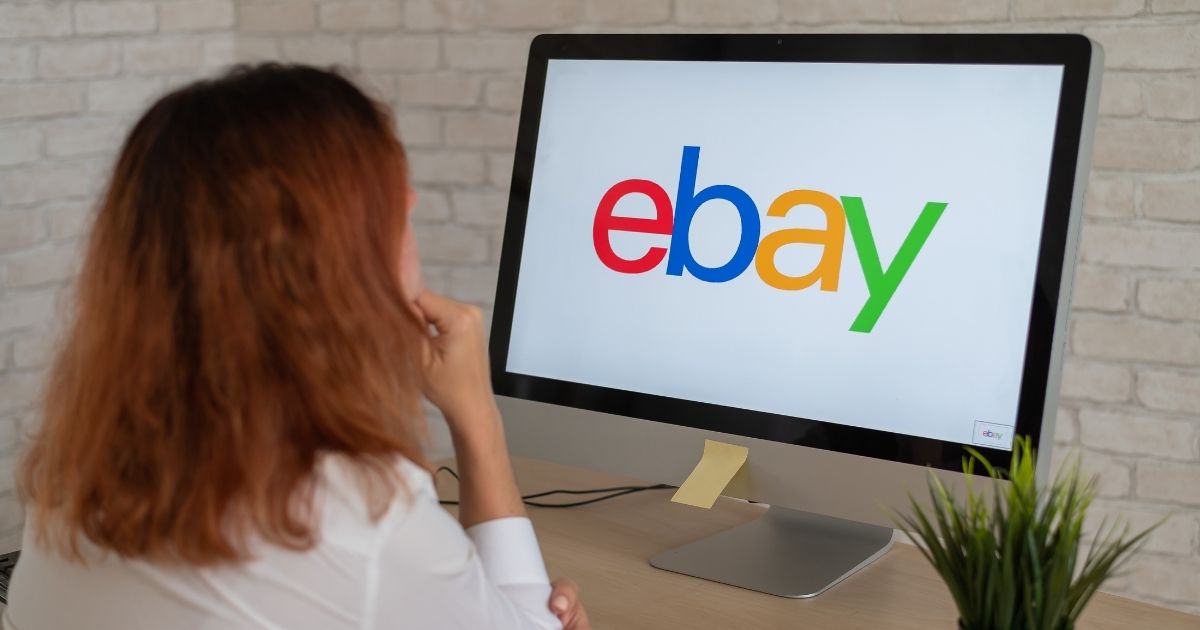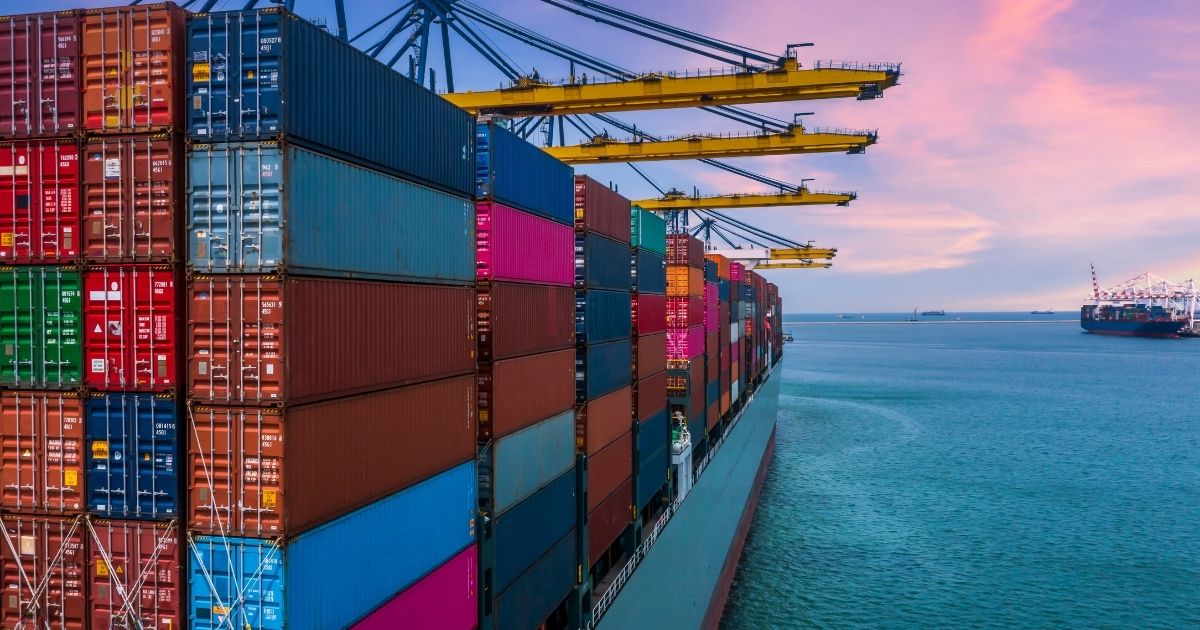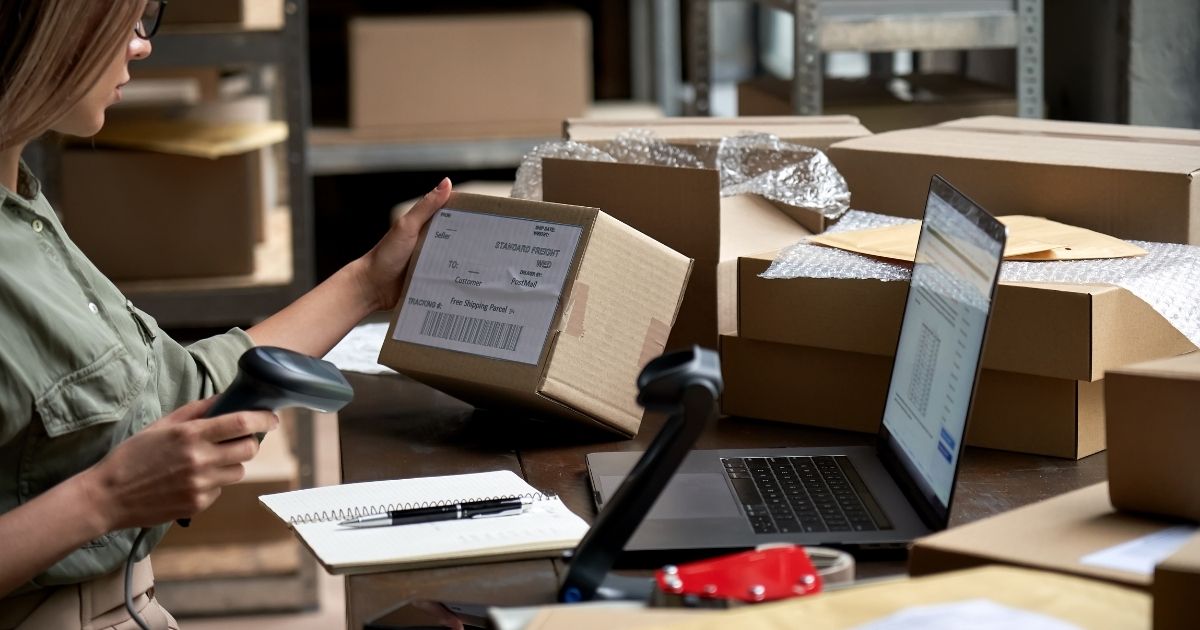Dubai is globally recognized as a rapidly growing commercial hub in the Middle East. Selling to Dubai presents a significant opportunity, especially for Turkish brands. As the largest city in the United Arab Emirates (UAE), Dubai has a market structure marked by high purchasing power and diversity. This has led to an increasing demand for Turkish products.
Businesses wishing to sell to Dubai must first understand the city’s trade culture and develop strategies suited to the needs of their target audience. Reaching the Dubai market via e-commerce platforms is highly effective for brand promotion. Additionally, specializing in logistics solutions and ensuring fast delivery will enhance customer satisfaction.
Dubai’s dynamic environment offers an open space for innovative and unique products. Companies aiming to stand out in this market can differentiate themselves by developing marketing strategies that align with Arab culture. Social media campaigns and influencer partnerships are particularly effective tools for increasing brand visibility. In conclusion, selling to Dubai holds vast growth potential for Turkish brands.
Advantages of Selling to Dubai
There are many advantages to selling to Dubai, especially for businesses with an online store. Some key benefits include:
Tax Benefits: Dubai has a low or zero-tax policy on most products and services, allowing businesses to reduce costs while increasing profit margins.
Logistical Facilities: Dubai’s strategic location offers easy access to the Middle East, Asia, Africa, and Europe. Its modern logistics infrastructure provides fast and reliable delivery options.
High Purchasing Power: The people of Dubai generally enjoy a high standard of living and show demand for luxury and quality products in sectors such as technology, fashion, and cosmetics.
E-commerce and Digital Infrastructure: The e-commerce sector in Dubai is well-developed. Online payment methods are widely used, and the fast internet infrastructure provides a boost for digital commerce.
Multicultural and Tourist Market: Dubai attracts people from various countries, and as a tourist destination, it draws millions of visitors each year, creating an opportunity to offer a wide range of products catering to different cultures.
Rapidly Developing Market: Dubai is a market that offers great support for new ventures. The government’s incentives, business-friendly laws, and free trade zones make it advantageous to establish a business and make sales here.
These advantages present a significant potential for businesses considering selling to Dubai. Dubai can become a highly profitable market, especially for those offering quality products and fast logistics systems.
Products to Sell to Dubai
Dubai offers a wide range of products to sell. The consumer base here, with high purchasing power and a preference for luxury goods, highlights several key product categories:
Fashion and Luxury Clothing: Dubai is known for strong demand in the luxury fashion and accessory market. Clothing, shoes, bags, sunglasses, and jewelry from global brands are highly sought after. High-quality and branded clothing items can attract Dubai’s consumers.
Cosmetics and Skincare: There is a high demand for beauty and skincare products in Dubai, particularly natural, organic, and high-quality cosmetics, skin creams, haircare products, and perfumes.
Technology Products and Accessories: Tech products like smartphones, laptops, and tablets are very popular in Dubai. Additionally, accessories for these devices (such as cases, headphones, wireless chargers) also see significant demand.
Home Décor and Furniture: Consumers in Dubai place great importance on home décor. Modern and luxury furniture, lighting products, carpets, and curtains are popular. There is also a strong interest in bespoke and artistic décor items.
Health and Fitness Products: Health-conscious living is a priority for many residents in Dubai. Fitness apparel, equipment, accessories, as well as supplements like protein and vitamins, have strong market potential.
Baby and Child Products: Families in Dubai tend to invest in high-quality baby and child products. Items such as baby clothes, toys, care products, children’s furniture, and educational materials are in demand.
Food and Beverage Products: There is a demand for exotic, healthy, and organic food products in Dubai. Healthy snacks, organic foods, coffee, tea, and gourmet foods are popular in the market.
Car Accessories: Car usage is common in Dubai, and vehicles are seen as a status symbol. As a result, car accessories, high-quality tires, and interior decoration or maintenance products may attract attention.
These categories can guide businesses looking to enter the Dubai market. It’s crucial to consider cultural sensitivities and analyze consumer demands for success.
Products Banned for Sale in Dubai
Some products are banned or restricted in Dubai due to cultural, religious, and social values. Businesses should be aware of these restrictions when planning to sell there:
Alcohol and Alcoholic Products: Alcohol can only be sold in licensed places. Import, sale, and distribution are banned for individuals; controlled sales are allowed only through licensed distributors and hotels.
Pork Products: Pork and pork-derived products are banned in accordance with Islamic values. Some licensed supermarkets may sell certain pork items in designated areas, but in general, their import and sale are heavily regulated.
Anti-religious and Political Content: Publications, materials, books, or visuals that are offensive to Islam or any other religion are strictly prohibited. Political propaganda or content opposing the regime is also banned.
Dangerous and Weapon-like Products: Products resembling real weapons, even if they are toys or for decoration, may cause issues when entering Dubai. The import of explosives, knives, and certain defensive tools is also banned.
Certain Medicines and Medical Products: Dubai has strict regulations on the import of medicines. Some drugs, especially those containing stimulants or sedatives, are tightly controlled. Some over-the-counter medications may be banned.
Culturally and Religiously Sensitive Products: Dubai expects respect for Islamic culture and Arab traditions. Any materials or products that could be deemed culturally or religiously inappropriate are banned.
Electronic Spy Devices: Devices like listening tools and hidden cameras, which could be used for espionage, are banned for import and sale. Such devices are considered illegal and violate personal privacy, leading to severe penalties.
Businesses planning to sell to Dubai must pay attention to these banned product categories and carefully research the country’s import laws to avoid legal issues.
How to Sell to Dubai
If you want to sell to Dubai, several key steps should be followed to successfully manage the process. Here’s a guide:
Conduct Market Research Analyze which products are in demand in Dubai. Luxury consumption, electronics, fashion, health, and beauty products are particularly popular. Evaluate the competition and observe the pricing strategies of your competitors.
E-Commerce Website and Local Payment Options Own an e-commerce platform (like Shopify, WooCommerce, etc.) and optimize it for the Dubai market. Given your expertise in Shopify, you can design and set up a website that fits the Dubai market. Offer local payment methods that are popular in Dubai, such as credit cards, CashU, and PayTabs.
Understand Customs and Tax Processes Consider customs duties and other taxes for shipments to Dubai. The typical import tax in the UAE is around 5%, but it may vary depending on the product. Ensure all import documents and invoices are prepared accurately.
Shipping and Logistics Options Choose a reliable international shipping company (like DHL, FedEx, UPS) for fast and secure delivery. Additionally, research regional logistics providers. Collaborate with local logistics partners to optimize shipping costs and improve service efficiency.
Local Advertising and Marketing Use digital advertising platforms to promote your products in Dubai. Platforms like Meta (Facebook and Instagram) and Google Ads can be targeted specifically for the UAE market. You can increase traffic to your e-commerce site and boost conversion rates with tools like Yandex Ads and Google Shopping. Use Arabic and English content for more effective communication with local customers.
Customer Support Services Offer customer support in Arabic or English to increase customer satisfaction. Providing quick responses to inquiries and solving customer complaints promptly will build trust in your brand.
By following these steps, you can set up a successful sales operation in Dubai.
Key Considerations for Selling to Dubai
For businesses to succeed in Dubai, they need to be mindful of several important factors due to the dynamic nature of the market, which is influenced by local culture, legal regulations, and logistical considerations. Here are some key points to consider:
Respect for Islam: Dubai is a country with Islamic influence, so it is important to be sensitive to religious values. Products should not conflict with Islamic teachings, such as alcohol, pork products, or explicit content.
Marketing and Advertising: Marketing materials should be aligned with the local culture. Ads must not contain sexual content, violence, or disrespect for religious values.
Import Licenses and Permits: Necessary permits and licenses must be obtained for importing products into Dubai. Products are monitored by government bodies such as the Dubai Health Authority (DHA) and Customs Administration.
Trade Licenses: Businesses must have a valid trade license to operate in Dubai. If planning to open a physical office, you may need to register with a free zone or the Chamber of Commerce.
Customs Regulations: Pay attention to customs regulations and taxes when shipping products to Dubai. Most products will require customs duties, which vary depending on the product type.
Fast Logistics: While Dubai has excellent logistics infrastructure, it’s crucial to have a clear plan regarding delivery times and customs processes. A fast and reliable supply chain will enhance customer satisfaction.
High Purchasing Power and Luxury Demand: Dubai offers a large market for luxury goods. Pricing can be high, especially for imported products, so it’s important to develop a solid pricing strategy and clearly communicate the product’s value proposition.
Be Aware of Competition: Dubai hosts many global and local brands. With high competition, it’s essential to offer quality service and effective marketing strategies to differentiate your brand.
Excellent Customer Service: Dubai consumers expect high-quality service, including responsive customer support and reliable after-sales services.
Selling to Dubai is a promising opportunity for businesses, but it requires research, planning, and adaptation to the market’s specific needs and regulations. By approaching this market with careful strategy and cultural awareness, businesses can establish a strong presence in Dubai.





